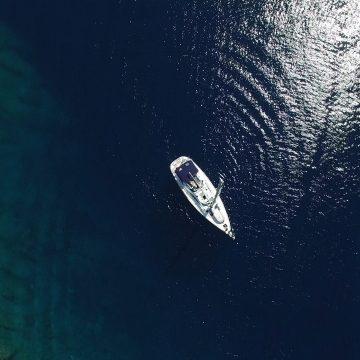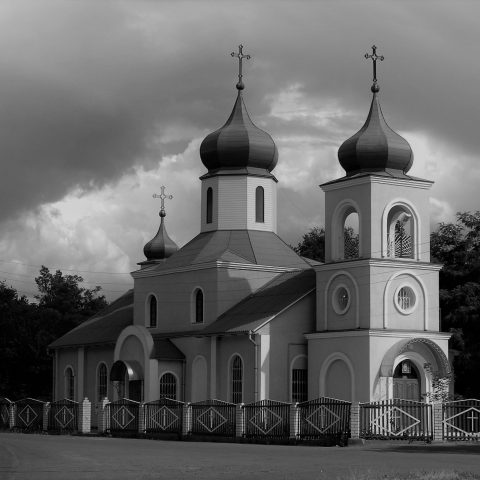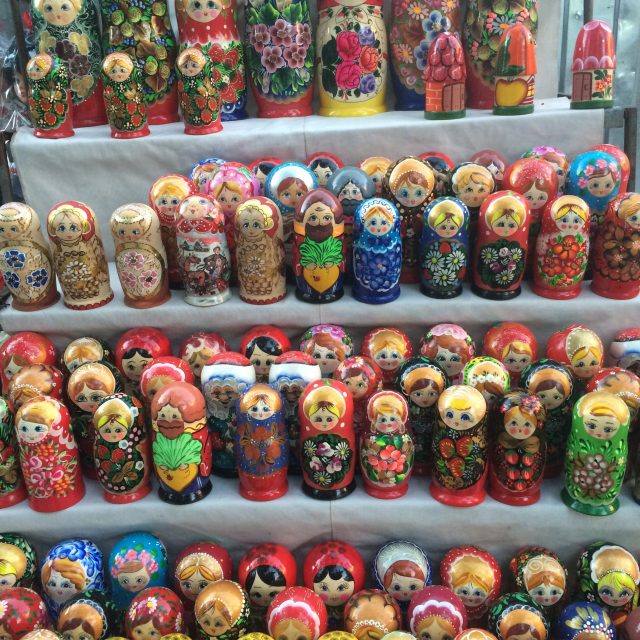Overview
Under the last two presidents (Nicolae Timofi and Igor Dodon), Moldova saw massive corruption at the highest government levels. Acts of corruption were de facto facilitated by the Moldovan state through some of its institutions, destroying the country’s fragile credibility before its international partners and its own citizens. Once acclaimed as the Eastern Partnership good student, holding “the highest mark for deep and sustainable democracy”, Moldova became a captured state and a regional security threat for the EU.
Although corruption was and is widespread in Moldova, two cases in particular shocked the Moldovan public and severely damaged the country’s image and credibility: the Russian Laundromat and the USD 1 billion bank theft. These acts of grand corruption turned the country towards kleptocracy, and heralded a dramatic backslide in democratic standards, freedom of expression, freedom of the mass media, freedom of assembly and especially peaceful protest.
The 2021 parliamentary elections, however, gave the Pro-European PAS (Party of Action and Solidarity) a majority, after a campaign with a strong focus on the fight against corruption. This change has been seen by international organisations and local civil society as an encouraging sign to curb the widespread corruption in official bodies.
2021 also saw the establishment of the Independent Anti-Corruption Advisory Committee (CCIA) by a presidential decree, which was financed both by the European Union and the U.S. and whose role is to analyse systemic corruption across the country, provide recommendations, and improve their implementation. This Committee recently warned that the war in Ukraine is a breeding ground for corruption and called for vigilance.
Asset recovery in Moldova
Moldova and the Russian Laundromat
Moldova was a central piece in the Russian Laundromat – a massive money laundering operation in EU jurisdictions between 2010 and 2014, originating in Russia. Moldovan judges overnight legitimized fake debts of Russian companies in favour of fictitious companies registered in the EU, with Moldovan citizens acting as proxies (sometimes without suspecting it). The involvement of Moldovan citizens allowed the “debts” to be processed by the Moldovan court system. The total amount of the money laundering operation is believed to be over USD 80 billion. USD 22 billion passed through the Moldovan scheme alone. 16 Moldovan judges were involved in the laundromat and while all of them were briefly detained for one month in 2016, they were subsequently released. Most of the judges resigned or were suspended. In 2021, a banker from the “European Express” bank was sentenced to nine years in jail and ordered to pay a fine of USD 13,574 for allowing the money to be transferred through his bank to other countries.
The Billion Dollar Bank Theft
In 2014, approximately one billion USD disappeared overnight from three Moldovan banks acting in unison (Unibank, Banca Socială and Banca de Economii), all owned by Ilan Shor either directly or through proxies. The National Bank of Moldova (NBM) acted quickly to bail out the three banks by allocating money from the national foreign currency reserves. At the time, the NBM currency reserves were around USD 2.8 billion. A third of the Central Bank currency reserves were loaned to the Ministry of Finance which used the funds to cover the hole within the banking system. Despite the bailout, the banks went bankrupt anyway. Two years later, without any wider consultations, the Government approved legislation according to which the theft will be covered by the taxpayer in the course of the next 25 years.
The main criticism towards this decision was the lack of a credible investigation, the lack of asset recovery and the fact that no one was punished for the crime. The publishing of the Kroll-2 report by an independent auditing company revealed that politicians in power at the time of the theft and their business partners were also suspected as being the main beneficiaries of this crime, namely Vladimir Plahotniuc, Vlad Filat and Ilan Shor. A parliamentary committee report conducted in 2019 led to similar conclusions and pointed out the undermining of investigations by the General Prosecutor’s Office in the period 2015-2019.
14% of GDP was stolen overnight and the immensity of the crime outraged the population. Although some charges were raised, no one has been convicted. The trial of the MP Ilan Shor, who fled the country to Israel, has been ongoingly postponed, while a few of his alleged accomplices and members of the Moldovan Parliament were freed from criminal investigation by the Moldovan General Prosecutor on October 2nd, 2020. He is the leader of the Shor Party, a populist opposition party still represented in the Moldovan parliament and at the origin of protests in the capital to ask for the resignation of the current government, which were categorized as “Pro-Russian” by the latter.
Since the Russian invasion of Ukraine, Vladimir Plahotniuc and Ilan Shor have been targeted by U.S. sanctions, respectively for acts of corruption and acts of collusion with Russia to control Moldova’s political scene. In 2021, the UK returned GBP 456,068.38 to Moldova, which had been confiscated following proceedings against Luca Filat, the son of Vlad Filat. These funds are being used for social assistance projects.
In 2022, Moldovan officials seized EUR 75 million worth of assets belonging to Ilan Shor and French authorities seized Plahotniuc’s real estate in the city of Sciez, estimated to EUR 4.2 million. Both criminal prosecutions are still ongoing.
International Institutional Engagement
Moldova is a member of FATF associated anti-money laundering committee “Moneyval” in the framework of the Council of Europe. Commitments on anti-money laundering, anti-corruption and asset recovery are also included in the framework of the EU Association Agreement and negotiations for EU membership.
Moldova’s 2019 Evaluation under Moneyval found that the size of the banking sector was a particular concern for financial crime, as well as risks around money laundering stemming from the prevalence of the use of cash, the existence of opaque beneficial ownership structures and the existence of shell companies. It also highlighted that corruption is recognized as a major problem in the country.
Moldova is part of the OECD Anti-Corruption Network for Eastern Europe and Central Asia (OECD/ACN) and joined in 2021 its Integrity Programme for the Eastern Partnership, which resulted in large-scale reporting on its anti-corruption policies. Moldova is also an observer State to the Camden Asset Recovery Inter-Agency Network (CARIN).
Our work in Moldova
Since 2018 CiFAR has engaged with civil society in Moldova and supported them to strengthen the national and international response to the Billion Dollar Bank Fraud case and asset recovery more broadly. Our work in Moldova focusses on:
- support for civil society action on asset recovery;
- building momentum for sanctions and moving from sanctions to asset recovery;
- participation of the public and non-state actors; and
- building networks between Moldovan and other European civil society organisations.
Given the long time period since the Billion Dollar Bank fraud case was uncovered, a particular focus is working with partners to ensure that the case remains worked on and that reforms are made to prevent similar actions from taking place in the future.
Current projects
Strengthening Collaboration to Combat Kleptocracy
Addressing corruption and kleptocratic practices has grown in importance over the past decade, with jurisdictions across the globe introducing new legislative and policy tools designed to strengthen their response to the inflows of corrupt wealth. With this project, we aim to build on these achievements through: supporting strong cross-country and cross-continental partnerships between civil society engaged in combatting kleptocracy.
Further reading
Reports
This research study assesses the current state of play in the use of sanctions as an asset recovery tool, examining their application in Moldova, and their prospects for addressing grand corruption. This report is part of a series of national studies assessing the impact of international sanctions. Read other reports here: Mexico, Mozambique, Kenya.
Blogs
In our last post on Moldova, we talked about how in 2014 Moldovan kleptocrats allegedly stole over a billion dollars through a sophisticated bank fraud scheme. Things do not seem to be going in the right direction since then: the mastermind behind the fraud – Ilan Shor – sentenced to 7.5 years for fraud and money laundering but free on bail, managed not only to become mayor of a Moldovan town but most importantly win a seat as MP in the parliamentary elections on 24 February.
Moldova – Europe’s tiny, little known and poorest country – has arguably become a giant of corruption and money laundering in the past ten years. Research indicates that the country landed in the hands of powerful kleptocrats – above all, Vladimir Plahotniuc – who were able to take control of most public institutions, making the country a safe haven for corrupt money and ensuring themselves protection from any prosecution.




